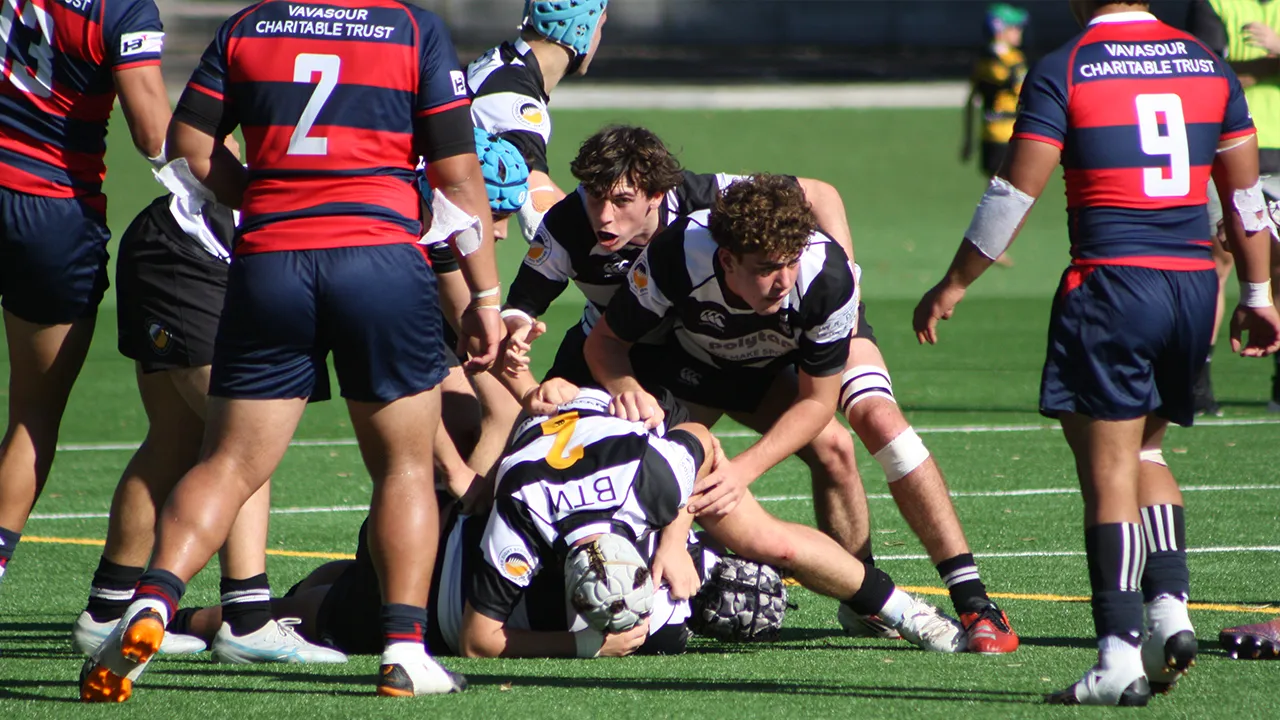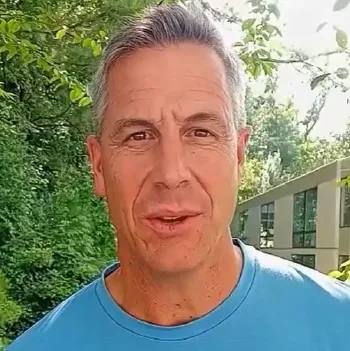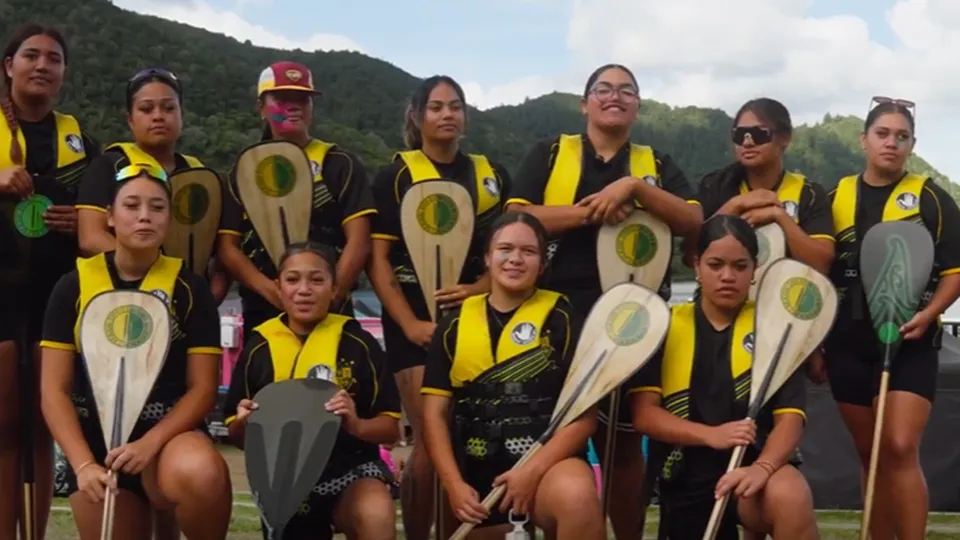Helping rural kids reach their potential through sport

A shared passion for our community and a belief in the transformative potential of sports participation has formed the basis for an enduring partnership between Nateva and Waddell, an organisation dedicated to creating links between businesses and organisations that deliver significant social impacts.
While enjoying one of the best outdoor environments in the world, in the North Island regions where Nateva works, local school students can sometimes lack access to the resources, funding and support to realise their full potential.
Waddell founder Rob Waddell, Olympic gold medallist, America’s Cup sailor and former Olympic Chef de Mission, is no stranger to the power of sport and the impact it can have on participants’ lives.
“Sport plays a huge role in helping young people have positive pathways in life,” says Rob. “They’re with their friends, they’re getting recognition, they get to wear the school badge, they’re going exciting places, they’re achieving – and they’re getting all of that from a very positive endeavour.”

“Sport plays a huge role in helping young people have positive pathways in life.”
Challenging distance
Growing up in a small North Island town, Rob is also familiar with both the opportunities and challenges faced by young people living in rural areas.
“I look back on my time at Piopio Primary and Piopio College and I just feel so privileged to have grown up in that area and to have had the space, the freedom and the environment around me that I did. I think it breeds an absolute grassroots, can-do mentality, because you’re remote from the big centres and services, where sometimes things might be a bit easier.”
“But on the other side of that, because of the distance that they are from some competitions and venues, it does make it really hard to be able to attend these sporting events, and also to be able to afford them.”
Access to funding
Rob says there are many reasons why schools can’t always offer a full range of sporting programmes and activities to their students, but funding is often a common factor.
“Sometimes its just the cost of petrol to travel to events or not being able to afford uniforms or having the coach come along ,” says Rob. “Even something as simple as uniforms – which is something that Nateva has paid for – makes a huge difference to how the kids look and feel about themselves.”
“So there are a number of ways in which funding can be really impactful and help enable sport to not only happen, but make it a better experience for those kids. It might be that extra night’s accommodation at a tournament that they were struggling to afford to go to anyway, or even being able to have the right food and diet in the lead up to some of these events – it all helps enhance the experience of being involved in sport.”
School-focused allocation
Part of the approach Nateva has developed with Waddell is to deliver targeted funding to regional and rural schools with identified needs, while allowing each individual school to best determine how to allocate that support.
Rob says the approach is appreciated by the schools because often the funding they get is heavily tagged and the management process can be quite bureaucratic.
“There’s quite a process to go through around applying for it and then the accountability, which is important, but can be very, time consuming in an environment where teachers are often really stretched for time.”
“Every school’s needs are different. And I think it helps build relationships and trust too that we’re giving them that responsibility to decide how best to allocate their funding.”
A model for growth
The support of Nateva has also helped the team at Waddell build the programme, and raise more direct funding for schools.
“That’s why we are so excited about this part of the project and what Nateva is going to help us enable to happen,” says Rob. “The model has inspired many others to come along and do the same thing. So we’re now over $1 million a year in cash funding going into schools thanks to the inspiration you’ve provided and we’re hopeful by the end of the year it will be around $1.5 million.”
That growing level of funding not only supports students participating in sport, but also helps increasing numbers of friends and whanau get involved through a comprehensive programme of online and television coverage, supported by a partnership with Whakaata Māori.
“One point two million New Zealanders per year watch our content now,” says Rob. “That’s right up there in the hierarchy of sporting rights in New Zealand.”
“And with the investment in production technology made possible through the support of our sponsors, those numbers are going to climb really rapidly. So that means more families can watch, more schools can watch, more students can review their own performances – however it’s used.”

Significant social impact
Rob says the development of Waddell’s ability to deliver greater coverage of school sporting events – he estimates the organisation currently covers between five and 10 percent of the events that could be broadcast in some form – is symbolic of a broader ambition to do more across the whole programme.
“We’d like to be at a level where we are distributing as much funding as some of the bigger foundations and community trusts, which is in the low tens of millions of dollars into schools,” says Rob. “Then you’re really shifting the dial, then you’re making an impact, and creating significant social change.
“The support of our sponsors like Nateva – and we really think of them as one of our founding partners in this regard – goes to kids who would otherwise miss out.”
“We talk about the impact for kids who can participate in sport and the measurable effect that has on issues like truancy, attendance and academic achievement. Based on research by the Education Review Office, that has been proven to be very strongly positive.”